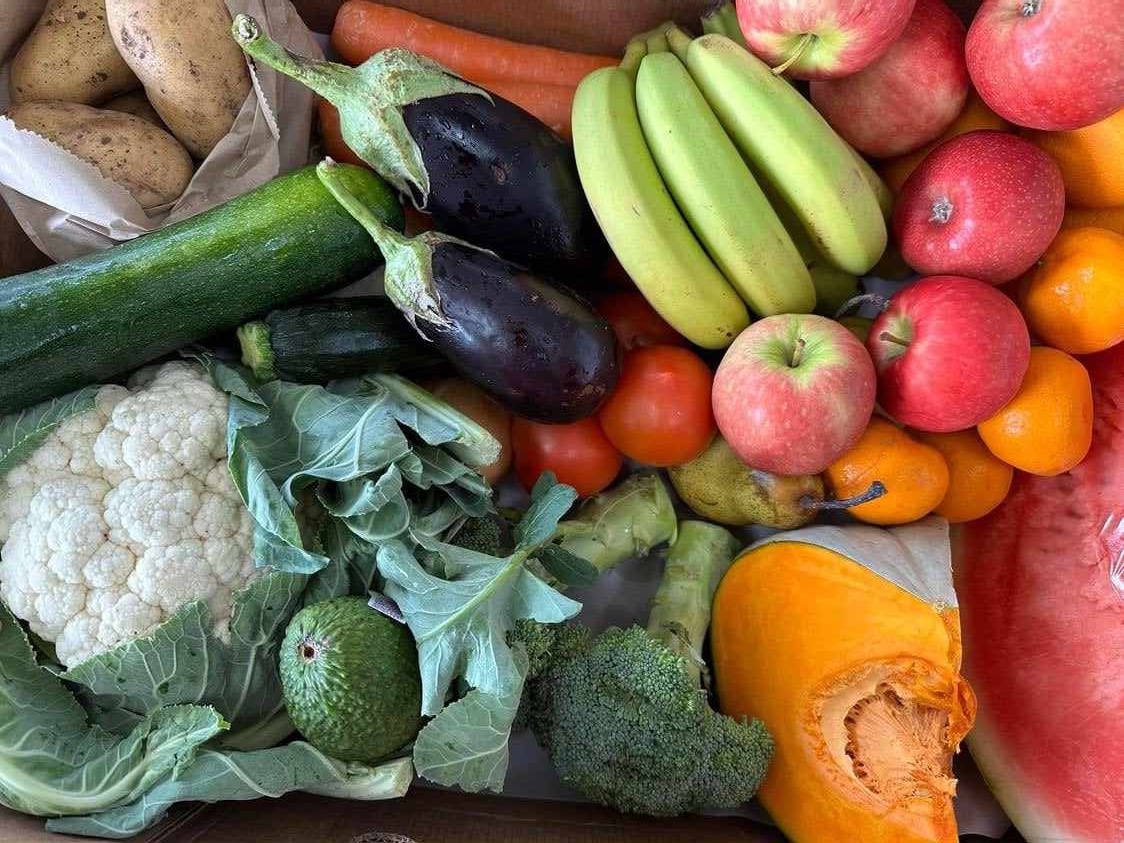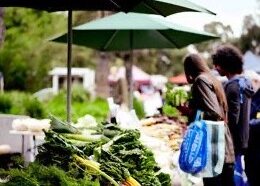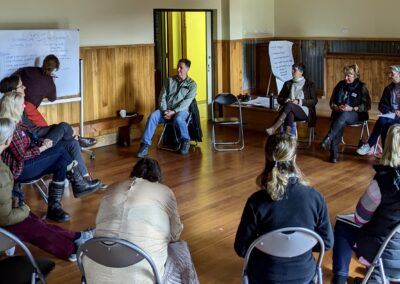Resource
Funding your Community Food Enterprise
There are four main ways you can raise money for your community food enterprise:
- Donation/grant
- Debt (loans)
- Equity (shares)
- Sale of goods/services
The Learn site has a number of resources to guide you in funding decisions and to help you better understand your options:
- This article contains resources to help you run a crowdfunding campaign.
- This article summarises some information on the different types of available grants.
- This article contains tips for writing a successful grant application (coming soon).
Cooperative UK’s Simply Finance guide is a good starting point for anyone seeking to bring finance together with a new enterprise, or an exisiting enterprise that is growing or diversifying.
Considerations when choosing your funding model:
Strategies to raise money must go hand in hand with cost reduction / minimisation strategies. Lean Start-up is one way to reduce costs. By testing assumptions early, you reduce the risk of expensive mistakes later.
Your legal structure(s) is a key determinate of funding strategies available to you. If you need assistance choosing the right legal structure, this article provides some resources to guide your decision.
Options for raising money:
Cooperatives
Cooperatives have investment options unique to this legal structure e.g. Cooperative Capital Units. These can be structured like equity or debt, and can be offered to members or non-members. For more information, see this paper by the Centre for Entrepreneurial Management and Innovation.
Farming Together have developed a ‘Co-Op Builder’. Essentially, this is a step-by-step tool to help farming groups prepare the essential legal documents required to form a co-operative structure under Australian law. Here is a Road Map they have developed for the co-op registration process. If you have more questions about the Co-Op Builder, join the conversation over on the Fair Food Forum.
Debt and equity
We won’t go into much detail here – this is the realm or your lawyer and accountants!
One important thing to understand is that you fall into securities law requirements if you are making a public investment offer or have more than 20 investors. This means that there will be a requirement to produce prospectus / make disclosures (with associated legal fees etc).
While an equity strategy is available to “pty ltd” and “ltd” companies only, there are “equity-like” strategies available to coops.
A debt strategy is available to a wider array of legal structures. For more information and guidance on legal structures, the OFN Learn article on choosing a legal structure for your farm or food enterprise is a good start.
The benefit of an equity arrangement is that investors share in the risk, as they are “invested”. However, there are also ways to structure debt so that investors share risk and become active partners e.g. revenue-based loans (RBLs). This is arguably a more ethical model of loaning money as it avoids usury. Open Food Foundation can share pro-bono legal advice from 2015 in regards to using RBLs. If anyone is interested, contact us at hello@openfoodnetwork.org.au. We would be interested to hear others’ experience of RBLs and sample contracts etc.
Peer to peer (P2P) alternatives
There has been much talk of the potential of crowdfunded equity, but it’s unlikely that this will be useful for SMEs. This article on the Conversation provides a good summary of the current legislation on crowdsourced equity in Australia and its limitations.
P2P lending is growing in Australia, incentivised by the Federal government’s initiative to create a regulatory sandbox for FinTech.
You can find more information on P2P platforms here:
If you have any insight or experience you have had with P2P investment options relevant to CFEs we would love to hear about it on the Fair Food Forum
Ethical Investment
There are good theoretical discussions about the emergence and development of ethical alternatives to the capitalist economy at the P2P foundation and Commons Transition website. Here is some interesting discussion around peer funding, capped returns and value in the commons economy.
Key debates are around how to set up “transitional” or “transvestment” strategies to move resources from the “old economy” to new forms of ethical business, without being co-opted.
These discussions sit alongside talk of emergence of new (and resurgence of old) options for democratic ownership including co-ops, platform co-ops and open co-ops. For example, see here. The ORICoop in Australia is an example of a new form of investment co-op opening up ethical options for investment in Australia’s new food economy.
Sale of goods/services
This is the obvious one! There are plenty of resources on Learn about running a food enterprise business, check them out or join the conversations on the Australian Fair Food Forum about topics such as how to price your product, marketing, and starting a business.
Image Credit: Zoe CC BY-NC-ND 2.0
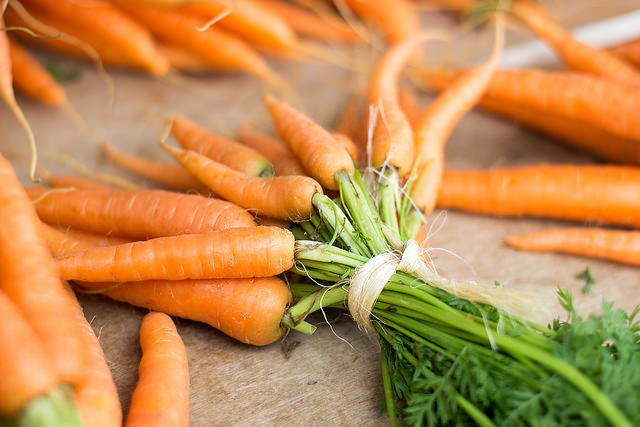
Latest Resources
Can we help?
Have an idea, a project or a question? Want help using the Open Food Network software? Get in touch and find out how we can help you with it.

Secure and trusted.
Open Food Network uses SSL encryption (2048 bit RSA) everywhere to keep your shopping and payment information private. Our servers do not store your credit card details and payments are processed by PCI-compliant services.
Keep in touch
Join us
Create a listing, shop or group directory on the Open Food Network. Tell me more!
Read our Terms and conditions | Find us on GitHub
Open Food Network is a free and open source software platform. Our content is licensed with CC BY-SA 3.0 and our code with AGPL 3.
We take good care of your data. See our cookies policy

